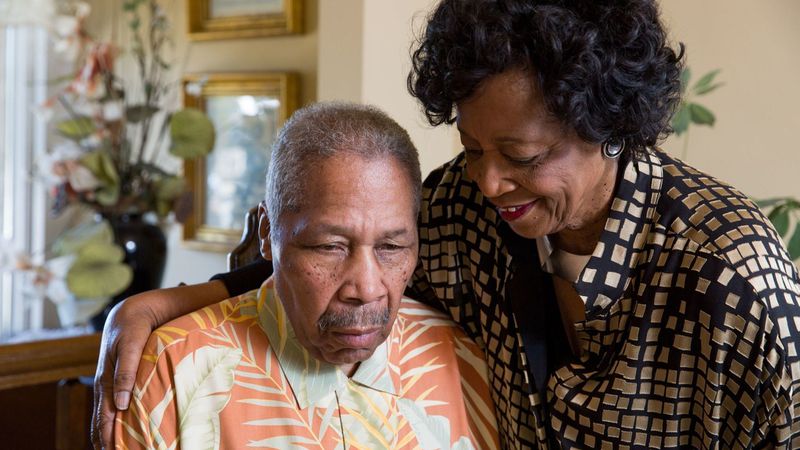
Who Caregivers Are — As We Know Them
- Caregivers are courageous. We are not saints, angels or superhumans with a greater capacity for love. We are dedicated and tired family members or friends doing the best we can, often while draining our own bank accounts and putting our hopes and dreams on the back burner.
- Caregiving is a gift AND it is a sacrifice. We are starting to fight for the systemic changes we need to make caregiving more of a gift (quality time together, access to respite, community connection and support) and less of a sacrifice (losing jobs, going into debt, straining relationships). We want systems that support the dignity of the people we care for, not chip away at it.
- Caregivers are diverse and unified. We are every race, religion, political affiliation and sexual identity. We are unified in our desire to care for our families and the need for support that does not leave anybody out. We want our families and communities to thrive, and for everyone to have a chance at being their best selves.
- Caregivers want change. We will vote for candidates who prioritize quality care for our families across generations and abilities, and comprehensive support for caregivers that center our actual experiences and needs.
- Caregivers are tired of hearing that self-care is the solution. Bubble baths, scented candles and wellness gurus will not fix this. You don’t yell self-care at someone in a burning house, so don’t yell it at family caregivers. The current state of caregiving in this country is a burning house. We need our version of firefighters — such as access to paid leave, respite, and universal family care which would cover it all.
Tips for New Caregivers
- Create a web of support — and recognize the skills and personalities in it. One person can’t be everything for everybody, so focus on what people can give instead of what they can’t. Examples — if your brother has always hated hospitals, he likely won’t be the first to volunteer to sit with your mom for eight hours after surgery. Offer up a different role for him to play, such as prescription pick-up duty. If a few concerned family members want constant updates, create a text chain so you can streamline them.
- Be prepared for medical appointments and follow-up visits. Get a brightly colored (impossible to lose!) notebook that is used solely for taking notes at appointments or questions you want to remember to ask at the next one. Keep a running list of medications and dosages in the notebook, as each doctor will ask about this. Take pictures of important documents and save them in a folder on your phone in case you need to reference something from a previous visit during future appointments.
- Set up a power of attorney and health surrogate early — and if possible, have more than one person assigned to these roles to help share the load. Make sure you get as much information from the person you are caring for as early in the caregiving journey as possible to make sure the whole web of support is aligned on their wishes.
- Become a member of Caring Across Generations to fight for the changes we need to see. Things can get tough and you’ll likely get frustrated. But change is possible, and you have the power to play a role in shaping it! You can take actions as small as signing a petition to fight for Medicaid funding (as easy as one click — but it makes a difference!) to getting more involved by applying for our Care Fellows Program.
- Join an online caregiver support community such as Caregiver Nation or the Caregiver Space to share stories, get tips and feel connected to people who really understand what you are going through and can help you understand what could come next in your journey.
- If you can afford it, see a therapist for your own care. And if you are having more sad days than okay or good days, consider an antidepressant or anti-anxiety medication. There are now virtual therapists available too, such as Open Path Psychotherapy Collective.
- See an elder law attorney, a Medicaid specialist and/or a geriatric care manager to save money and time in the long run.
- A Medicaid specialist is more affordable and will help you establish Medicaid eligibility, apply and even complete the actual application on behalf of the Medicaid recipient.
- An elder law attorney will be more expensive, though prices vary. They can handle Medicaid matters and other legal matters such as power of attorney and estate planning.
- A geriatric care manager usually charges an hourly rate to be a “professional family member.” They are a neutral person with lots of knowledge about resources that can help you identify concerns and make decisions and plans.
- Remember with all of the above: you are not alone. Care is collective. There are people going through what you are, and out there lovingly fighting on your behalf. Together we have the power to make caregiving more visible, valued and supported.